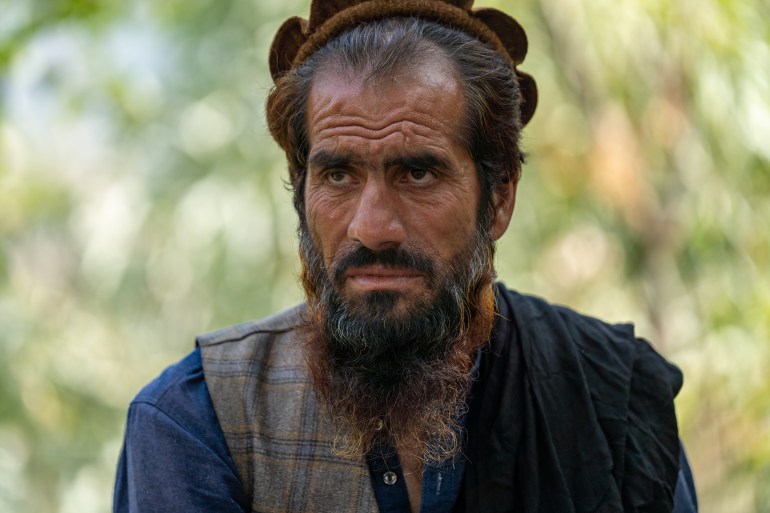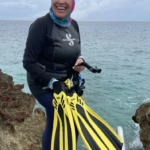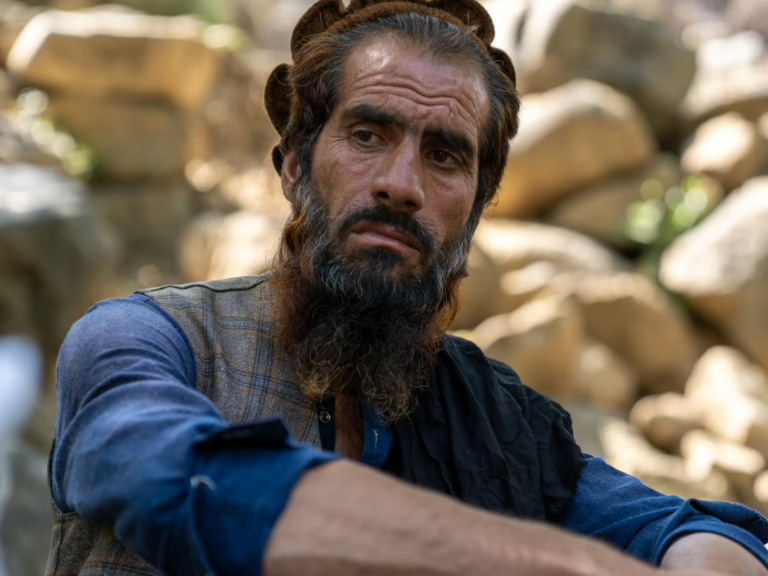Just a few steps from the scattered stones that once formed the first houses at the entrance of their tiny village, three men gathered on a traditional woven charpai.
One of them was Mehboob, Hayat’s cousin.
“When the earthquake struck, my 13-year-old son Nasib Ullah was asleep beside me. I woke up, got out of bed, and searched for a flashlight. Suddenly, the entire room shook violently as rocks tumbled down. When I reached out for my son, the wall and floor collapsed, and I lost hold of him,” the 36-year-old recounted.
“It felt like the end of the world.”
“Homes crumbled, massive stones rolled down from the mountain; visibility was zero, and we couldn’t find one another.”
He described how everyone suffered injuries-some with fractured ribs and broken limbs.
“In the darkness, we carried the children who survived down to the fields below, where it was safer from falling rocks.”
That night, Mehboob counted over 250 aftershocks, tremors that have continued to rattle the valley weeks after the initial quake.
At dawn, he attempted to sift through the debris in search of his family. “But my body refused to obey,” he admitted.
“I could see my son’s foot, but the rest of him was buried beneath the rubble.”
His 10-year-old daughter, Aisha, also perished.
“It was the darkest moment of my life,” he said.
It took two days for villagers and volunteers to recover the bodies.
Upon receiving news from his brother that their entire village had been destroyed, Hayat’s brother, Rahmat Gul, immediately traveled from Parwan province, nearly 300 kilometers away.
When he arrived in Aurak Dandila, the survivors asked him to wrap Mehboob’s deceased son in a blanket.
“Mehboob wanted to see his son’s face one last time, but I couldn’t bring myself to do it,” Rahmat Gul shared, as Mehboob gazed silently over the valley’s farmland below.

Nearby, Hayat rose and began to pace anxiously.
“God has taken my sons away, and now I feel as if my own life has slipped away too,” he said.
In Aurak Dandila, a modest cornfield has been transformed into a burial site. “This is where we laid our loved ones to rest,” Hayat explained, pointing to graves marked by simple stones.
He recalled urging Abdul Haq to remain in the village. “The very next day, everything was destroyed, and he lost his life.”
Now, Hayat feels there is no future left here.
“How can I keep living in a place like this?” he asked, gesturing toward the ruins of his former home.
“Rocks keep tumbling down from above; who could possibly survive in this village?”
“We will have to relocate and seek God’s mercy elsewhere. If He shows no mercy, then we will all perish.”
















